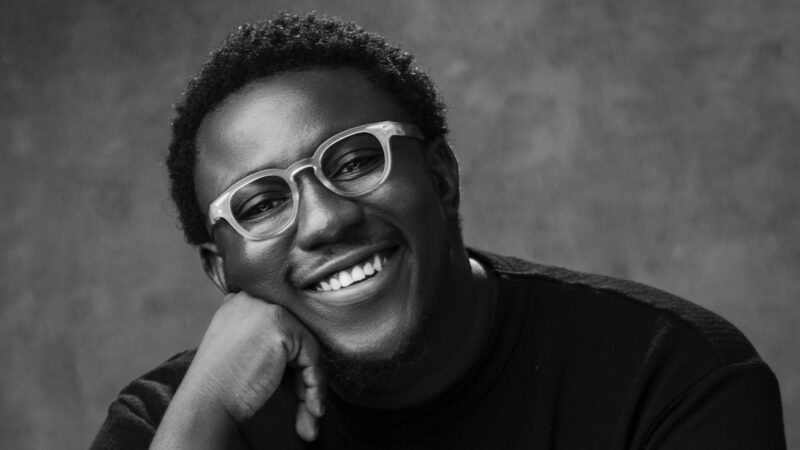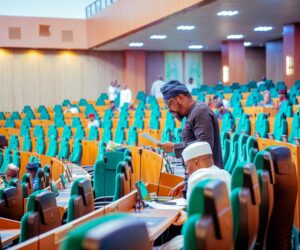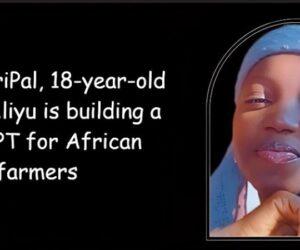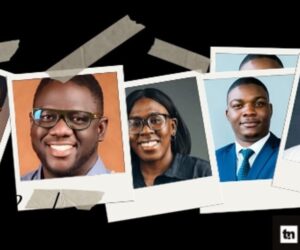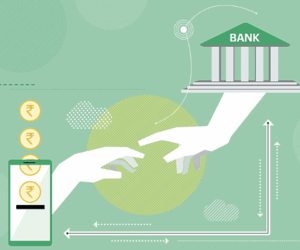In 2019, there was no blueprint for a Nigerian content creator. You either had a 9-to-5 or you hustled on the side. Nobody imagined that posting videos on Instagram could become a full-time career. But Salem King had always been restless about sharing knowledge.
In his words, “Everything I learn, I want to teach someone else. That’s who I’ve been since I was a teenager.”
So while working in real estate, he began uploading casual clips – simple, phone-edited lessons from his own experiences. What happened next surprised him. People started asking questions: how do you edit on your phone? How are you able to say so much in such a short time? Salem would answer through DMs, one person at a time, until he realised the demand was larger than his inbox could handle.
That realisation led to his first class. It was free because he was too scared to charge. But the feedback shocked him: people were applying his methods and finding their own small wins. When he finally summoned the courage to put a price on his knowledge – just ₦5,000 – one hundred people signed up in forty-eight hours.
“The money I made in those two days was like six months of my salary,” he recalled. “So I started to think, maybe I don’t need this job. If this thing I’m doing on the side can make me this money, what if I gave it my full attention?”

From content to community – the Salem King way
For Salem King, the turning point came not from a class or brand deal, but from a deceptively simple post. One day, he uploaded a photo with a three-word caption: “What’s bothering you?”
He expected the usual replies about algorithms, Instagram growth, or creative blocks. Instead, what came back were deeply personal confessions. People were sharing anxieties about work, relationships, depression, and even faith.
Salem was shaken. “It was scary for me because I felt like I needed to always have solutions for people. But I came back 30 minutes later, and there were already over 200 comments. People had started helping each other. They were saying, Oh, you’re going through this? Send me a DM. Let’s talk. Are you in Abuja? Let’s hang out for coffee.”
That moment reframed his role entirely. “I realised this community that had formed around me was not just about me. My most important job was to create an environment where people could connect and help each other. I didn’t have to be the solution. I just had to create the space.”
He began reading books on community – Tribes by Seth Godin, among others – and recognised something often overlooked: creators don’t just need followers, they need belonging. For young Nigerians chasing creative careers without family support, community was survival.
“Sometimes your parents don’t understand. Your old friends don’t understand. Only people in that same online pursuit see it from your perspective. Posting content that flops can ruin your whole day, make you feel like a failure. But in the community, you don’t sound crazy for feeling that way. People get you.”
Salem King leaned into this, treating his platforms as gathering points. Today, his cross-platform audience has grown beyond 400,000, cutting across generations.
He remembers being approached by an MTN executive at an event: “She said her daughter watches my stuff, and I just thought, wow, this is transgenerational. Then another time, a woman told me she had just turned 50 and loved what I do. Inspiring both the young and the old is what really gets to me.”
The economics of being a Nigerian creator
But community alone doesn’t pay the bills. And Salem King has wrestled with what he calls the “damned if you do, damned if you don’t” paradox of turning passion into livelihood.
“If you make a lot of money, the fun is out of it. If you don’t make money, you feel like giving up. In the early stages, I resisted the idea of seeing what I do as a business because I always thought my priority had to be impact. But over time, I realised there’s such a thing as financially rewarding impact.”
That meant structuring his work. Free daily videos, like his 101-day Creator 101 series, would remain open to everyone. But one-on-one consultations, classes, e-books, and long-form online courses became paid offerings.
He began to charge brands too, carefully. “I don’t recommend any brand I haven’t used myself, or one I wouldn’t recommend to my family. For the longest time, I felt terrible about working with brands, but I realised I’d be cheating myself if I didn’t.”
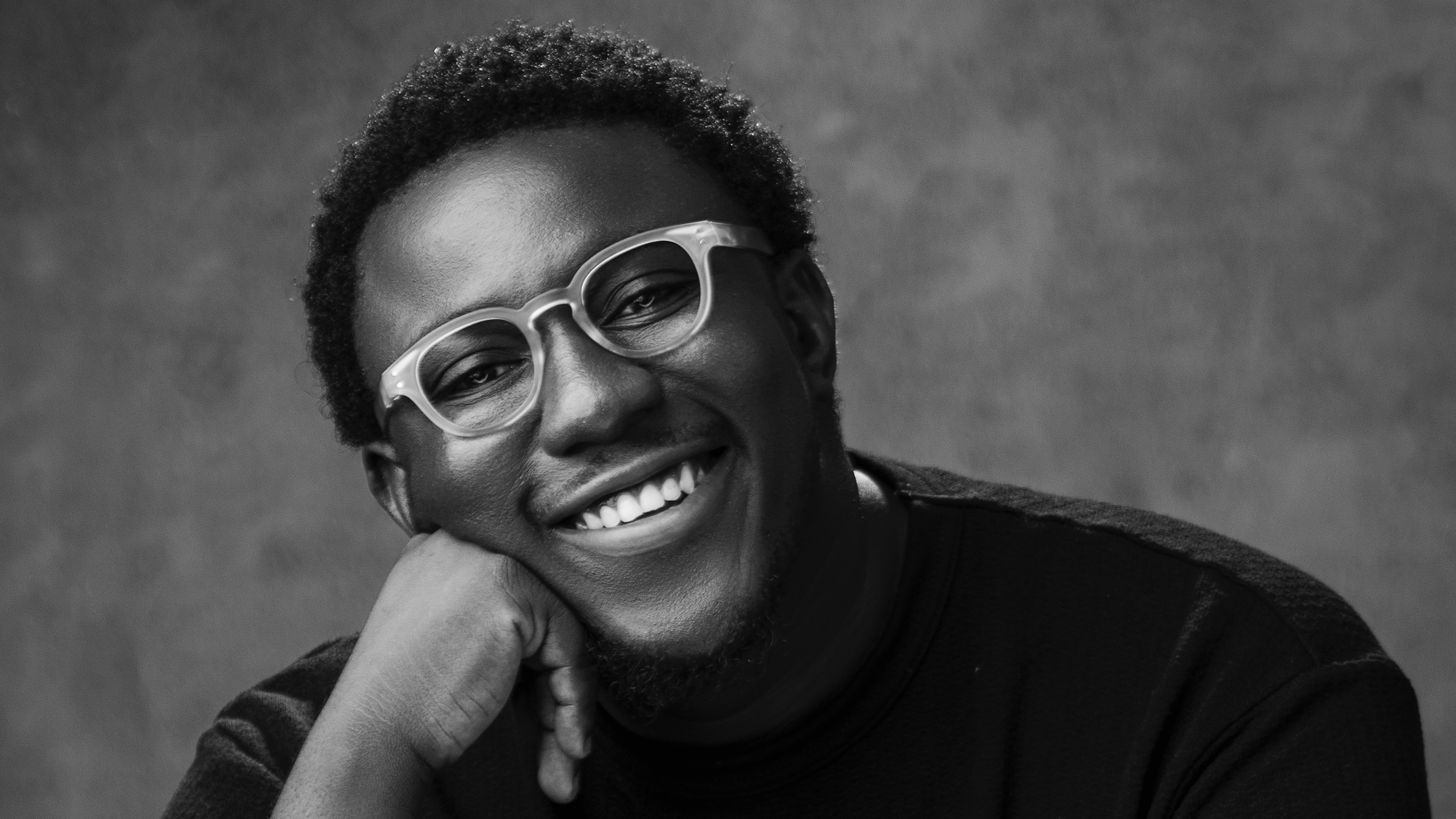

The harder challenge has been global payments.
“Definitely one of my biggest challenges is getting paid. A company abroad reaches out, and then paying you is still a challenge. Sometimes they love your content, but they don’t know how to ship something here or how to pay you. A lot of Nigerian creators have to create bank accounts outside Nigeria to receive payments, and that comes with tax complications. Not everyone can even afford to do that.”
Visa barriers also cut opportunities short. Invitations to international events sometimes arrive, only for the visa process to drag on until the event has passed. Even when collaborations are possible, Nigerian creators earn far less than their Western counterparts.
“The reason CPM for a YouTuber in America is higher than for a YouTuber with Nigerian viewers is simple: advertisers are paying more. Here, budgets are tied to the local economy. But I believe there’s room for growth. When we put up a billboard, we can’t measure it. When we work with influencers, we can calculate ROI. That’s why brands are shifting budgets to us. The more industries invest in African creators, the better for everyone.”
And, the role of Crea8torium
It’s partly why Salem King co-launched Crea8torium in June 2023 with fellow creator Adora Lumina. Beyond a podcast and a growing community of over 30,000, its goal is to publish an annual report on the African creator economy, not from the outside, but “for creators, by creators.”
“A lot of statistics you see are from someone in America. We wanted to create something with input from people in the industry, to fill the gap. Because without data, creators can’t plan, and investors can’t see the real picture.”
Still, Salem’s ambitions stretch further. He doesn’t see himself retiring from creating, but he dreams of shifting into academia.
“Everything I’m learning, I hope to one day teach another generation, not just through social media, but within an institutionalised system. I want to be in front of a classroom. I don’t plan to ever retire. I’ll probably be teaching till the day I die.”
For him, legitimising content creation as a career means embedding it in schools, lecture halls, and policy conversations. It also means widening the ecosystem beyond influencers to include talent managers, accountants, designers, and tax specialists.
As Salem King puts it:
“With the new tax bill, creators will have to start paying taxes. A lot of us don’t know very much about that. But someone who understands taxes should start paying attention because there’s money there for them. The creator economy is no longer something just for creators. Everyone has a role to play.”
Salem King may have started with a phone video and a free class, but today, he is positioning himself as one of the architects of Africa’s creator economy. He is shaping not just how creators earn, but how communities connect, how data is gathered, and how the industry could one day be taught in universities.
In his own words: “When I wake up every day, I’m no longer just thinking about my next Instagram post. I’m thinking about how to move the creator economy forward.”
And perhaps that is Salem King’s greatest creation yet – not a viral clip, not a follower count, but an ecosystem where creators and non-creators alike can find their place.

